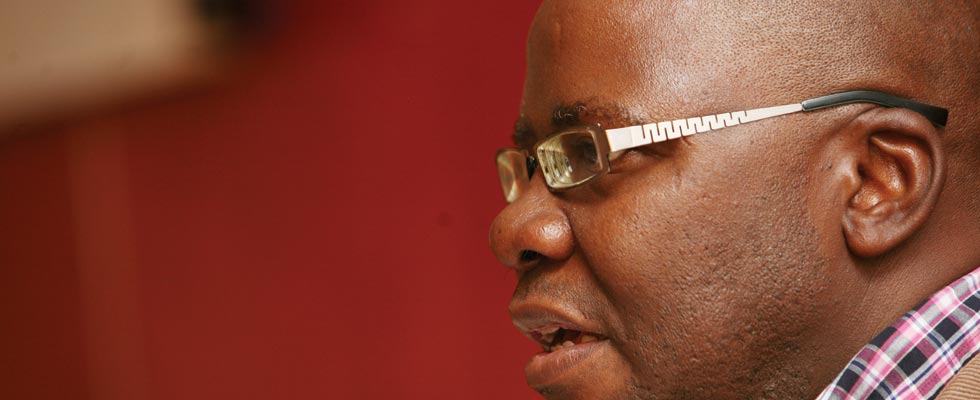
ZIMBABWE plans to amend its Banking Act after repeated attempts to sell Treasury bills failed to attract bids at rates acceptable to the central bank and Finance ministry, Finance minister Tendai Biti has said.
Report by Bloomberg
“I’ve written foreign banks off, they’re not worth their salt,” Biti said in a phone interview from Harare yesterday.
“That is why we are amending the Banking Act.” He declined to elaborate on the changes he plans to make, though he said in his November 15 Budget speech that the government would step in to regulate banks after the “misadventures” with T-bills.
Foreign banks in Zimbabbwe include units of Barclays Plc and Standard Chartered Plc, as well as Standard Bank Group Ltd and Nedbank Group Ltd. Barclays Bank of Zimbabwe Ltd is the largest lender on the Zimbabwe Stock Exchange. Calls to the Harare offices of the banks weren’t answered yesterday.
Biti and the central bank are trying to rejuvenate the country’s capital markets after a decade-long recession ended in 2009 when the 15-nation Southern African Development Community settled a political dispute.
Zimbabwe hasn’t been able to fund development projects or infrastructure repair through tax collection, while foreign aid has been sparse because donors aren’t confident about the southern African nation’s power-sharing agreement, Harare-based independent economist John Robertson said.
“Banks are resisting because they’re not sure the government will be able to repay the bills,” Robertson said.
- Chamisa under fire over US$120K donation
- Mavhunga puts DeMbare into Chibuku quarterfinals
- Pension funds bet on Cabora Bassa oilfields
- Councils defy govt fire tender directive
Keep Reading
“The government likely wants to borrow at about 4% and it’s likely that 8% to 10% would ultimately be acceptable to the banks.” Lending rates between banks are as high as 25%, he said.
Annual inflation in Zimbabwe was 3,2% in September, according to the national statistics agency.
Biti is his National Budget statement said four banks hold about 80% of deposits in Zimbabwe. Calls to Bankers’ Association of Zimbabwe President George Guvamatanga and his deputy, Sam Malaba, weren’t answered.
“It would be disastrous if he decides to marginalise the foreign banks,” Eric Bloch, a Bulawayo-based economist said.
The effect will “be considerable” as it may cause job losses and “also worsen confidence in the sector at a time when it’s illiquid”.











